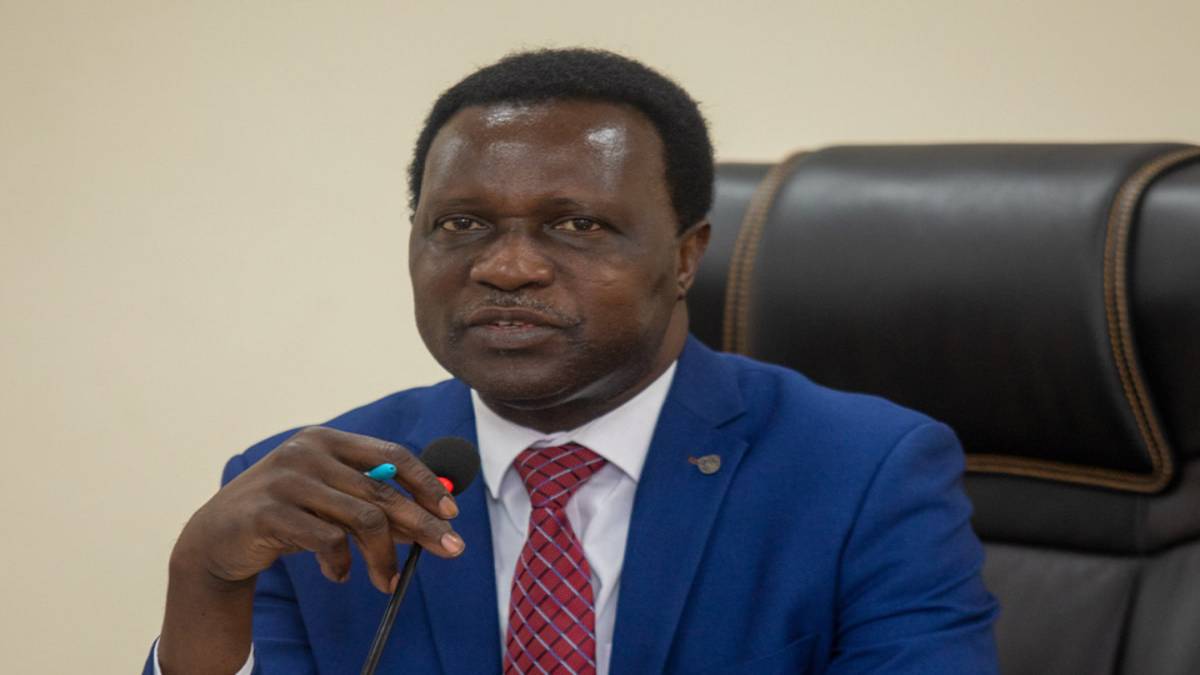WAEC to shift WASSCE & BECE from paper to computer-based test

The West African Examinations Council (WAEC) says it is considering transitioning the conduct of the West African Senior School Certificate Examination (WASSCE) and Basic Education Certificate Examination (BECE) from paper-based to a computer-based test (CBT).
In an interview monitored by Pretertiary.com, the Head of Public Affairs at WAEC, John Kapi, said the new method means candidates take their examinations on computers instead of the traditional paper-based format.
He said that while the serialization of examination question papers has helped reduce malpractice in WASSCE and BECE, he believes the computer-based testing (CBT) will end cheating in the national and international examinations.
The not-for-profit organization spokesperson disclosed that the Council has already held technical discussions on the proposal and intends to pilot it with a smaller exam before rolling it out nationwide.
“Gradually, we are also thinking about computer-based testing, which is something that we have thought about. We have had a technical committee meeting,” The Public Relations Officer (PRO) for the Council, Mr. Kapi, said in the interview.
The spokesman speaking on Channel One TV’s Breakfast Daily indicated that the West African Examinations Council will pilot the Computer-Based Test with the General and Advanced Business Certificate Examination (A/GBCE), a national examination conducted for
“We want to pilot that with one of our small examinations, the General and Advanced Business Certificate Examination (A/GBCE),” The Public Relations Officer (PRO) for the Council, Mr. Kapi, said in the interview.
Explaining the West African Examinations Council’s decision to pilot the Computer-Based Test with the General and Advanced Business Certificate Examination, Mr Kapi said it’s because the examination has low candidature.
“This is an examination that does not have a large candidature, so we can manage them at the regional capital, where we are sure of internet connectivity, and once we are able to do that, we believe we can begin the process, so that if that works, we can replicate,” the WEC official said on Channel One TV’s Breakfast Daily.
Meanwhile, former Minister of Education, Dr Yaw Osei Adutwum, last year said the Ministry of Education (MoE) is considering e-testing for the West African Senior School Certificate Examination (WASSCE) and Basic Education Certificate Examination (BECE).
In an interview, Adutwum said he is convinced that the e-testing would eventually lead to a computer selecting a set of questions for every prospective candidate to help prevent examination malpractices in the country.
He pledged the Ministry’s preparedness to continue collaborating with the West African Examinations Council (WAEC) and other stakeholders towards winning the fight against examination malpractice in the country.
In other news, the West African Examinations Council (WAEC) Nigeria has introduced Computer-Based Tests (CBT) along with the Paper-Based Tests for the November/December (Nov/Dec) examination, also known as WASSCE for Private.
This means private candidates who sit for the West African Senior School Certificate Examination (WASSCE) in November will have the opportunity to choose between CB-WASSCE and a paper-based test.
Head of National Office, WAEC, Nigeria, Dr Amos Dangut, speaking at a WASSCE centre last year, said his outfit in early 2024 successfully conducted the first edition of the computer-based (WASSCE), also known as CB-WASSCE.
“The examination, held in January and February, yielded better performance compared to the previous year, with a significant decrease in malpractices from five per cent to 0.8 per cent
We are now gearing up for the upcoming private candidates’ examination in October and November, offering candidates the choice between the traditional pen and paper and the computer-based method,” Dangut said.
As an initiative to expand computer-based examination, he said, “It’s part of our plans to eventually implement computer-based examinations for all schools, in collaboration with the Federal Government and other stakeholders.
“We are also working on providing necessary facilities and training for schools to facilitate this transition. In any case, the world is already moving technologically. We also, as part of the global community, must ensure that we move along,” he noted.
The Head of National Office, WAEC, Nigeria, Dr Amos Dangut, expressed hope that the transition to the computer-based method will reduce the examination malpractice rate significantly



